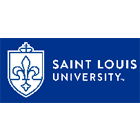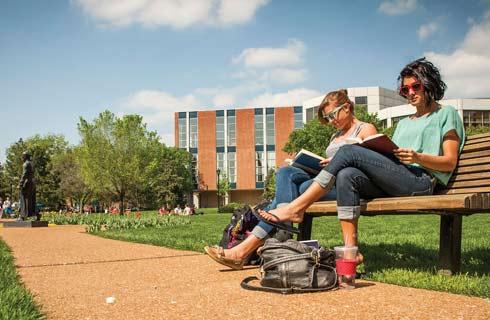Bachelor of Arts in Catholic Studies

学历文凭
Bachelor Degree

专业院系
Department of Theological Studies

开学时间

课程时长

课程学费

国际学生入学条件
Additional Application Items
Though not required for admission, the following items are strongly encouraged. Please note that all documents must be submitted electronically at this time.
Standardized Test Scores. ACT/SAT scores are not required as part of the admission process. You may choose to submit ACT/SAT scores if you wish. Learn more about SLU's test-optional policy. SLU does not accept superscores so please be sure to send your composite score and all subscores from each completed test. International students are still required to demonstrate English proficiency, which may require the submission of a standardized test score.
Secondary School Report Form. The Secondary School Report Form should be completed by your high school guidance counselor.
Professional R'sum. Please include your name, state and high school on your r'sum.
Letters of recommendation. Letters should be emailed from the recommender to admission@slu.edu, and must include your name, state and high school.
Admission Interview. An admission interview is an opportunity to speak one-on-one with your admission counselor about your specific interests and application.
International English Language Testing System (IELTS) 6.5 , internet-based TOEFL (IBT) 80 , Paper-based TOEFL (PBT) 550
IDP—雅思考试联合主办方

雅思考试总分
6.5
- 雅思总分:6.5
- 托福网考总分:80
- 托福笔试总分:550
- 其他语言考试:Pearson Test of English (PTE) - 54
CRICOS代码:
申请截止日期: 请与IDP联系 以获取详细信息。
课程简介
相关申请
 预科
预科 奖学金
奖学金 实习机会
实习机会 在校学习
在校学习 跨境学习
跨境学习 校园授课-线上开始
校园授课-线上开始 在线/远程学习
在线/远程学习
开学时间&学费
学费信息仅供参考,请与IDP联系以获取详细信息
| 开学时间 | 时长 | 学费 | 地点 |
|---|
学校排名

世界排名501
数据源:
泰晤士高等教育世界大学排名
本校相关课程

国际航空一年级
学历文凭
Foundation for Undergraduate
开学日期
课程费用总额


国际航空一年级
学历文凭
Foundation for Undergraduate
开学日期
课程费用总额

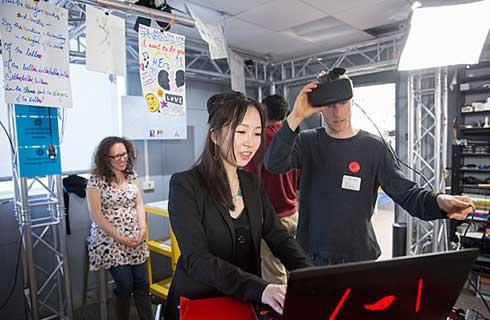
国际航空一年级
学历文凭
Foundation for Undergraduate
开学日期
课程费用总额


国际航空航天工程第一年
学历文凭
Foundation for Undergraduate
开学日期
课程费用总额

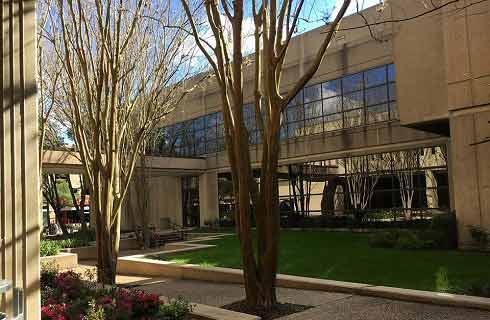
国际航空航天工程第一年
学历文凭
Foundation for Undergraduate
开学日期
课程费用总额

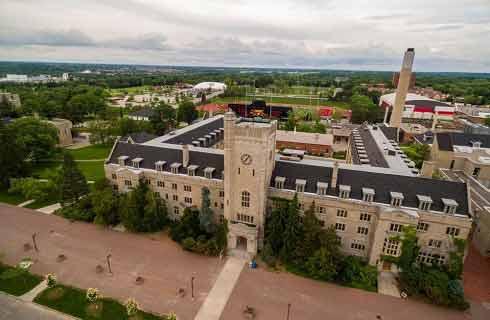
国际航空航天工程第一年
学历文凭
Foundation for Undergraduate
开学日期
课程费用总额

其他相关课程

Bachelor of Philosophy (Ph.B.) and Bachelor of Sacred Theology (S.T.B.)
 美国天主教大学
美国天主教大学学历文凭
Double Major Degree
开学日期
课程费用总额

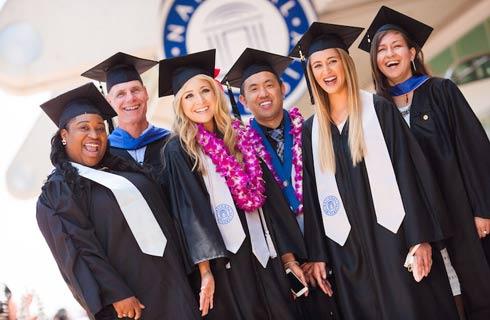
Bachelor of Arts in Catholic Studies
 圣路易斯大学 - INTO USA
圣路易斯大学 - INTO USA学历文凭
Bachelor Degree
开学日期
课程费用总额


神学哲学博士-圣经
 福特汉姆大学
福特汉姆大学学历文凭
Ph.D.
开学日期
课程费用总额


Master of Arts in Theological Studies - St. George
 多伦多大学
多伦多大学学历文凭
Masters Degree
开学日期
课程费用总额


神学硕士
 达拉斯大学
达拉斯大学学历文凭
Masters Degree
开学日期
课程费用总额

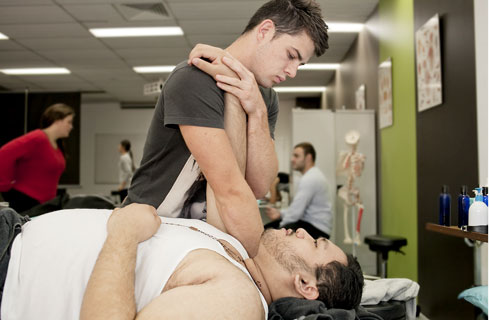
Doctor of Philosophy in Divinity - Theology
 芝加哥大学
芝加哥大学学历文凭
Ph.D.
开学日期
课程费用总额









